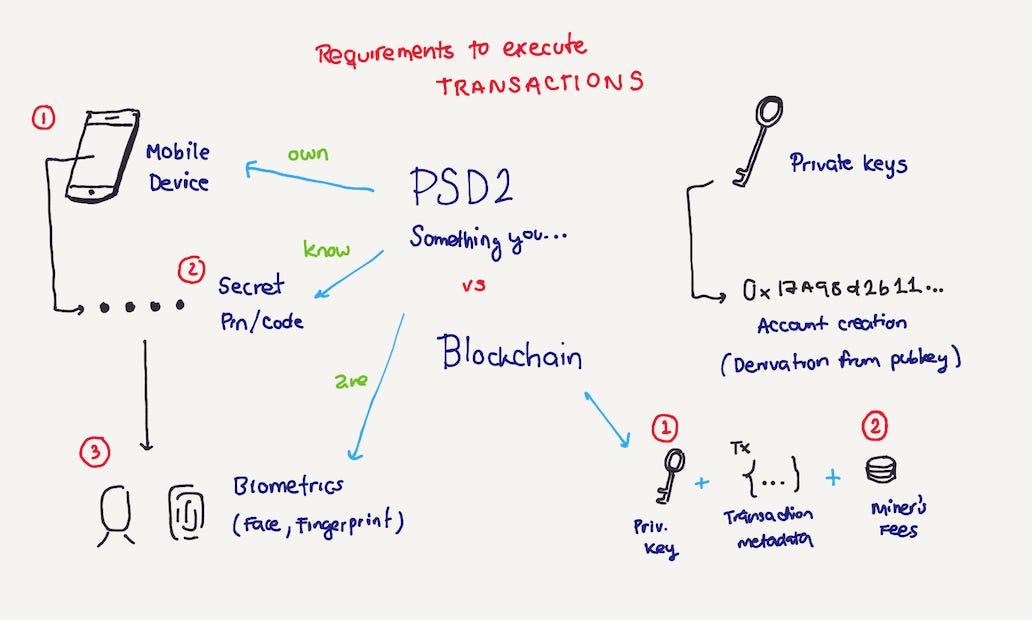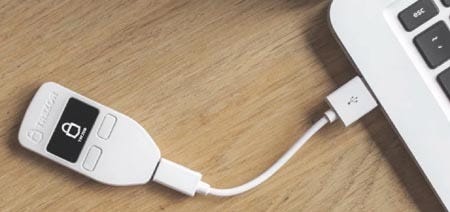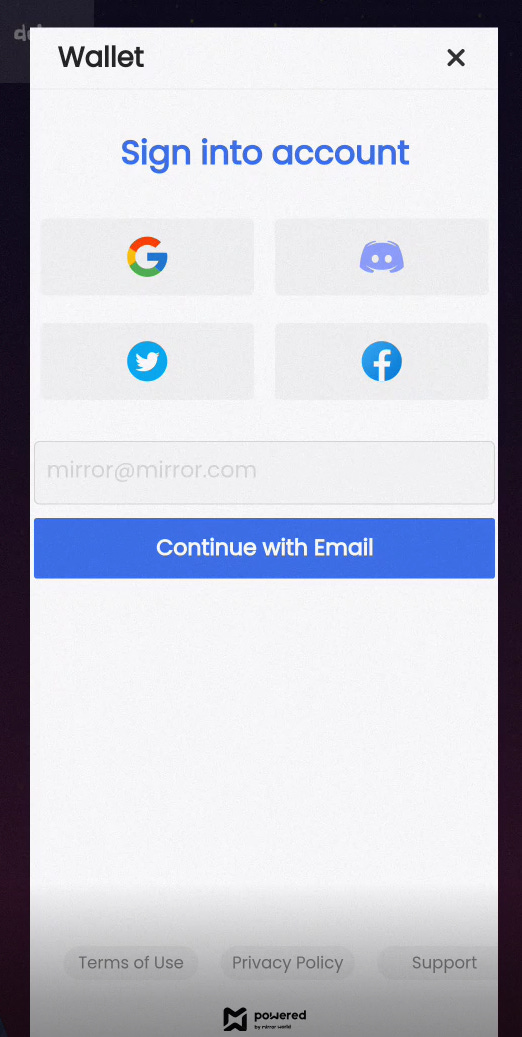Different types of crypto wallets available on the market today support different functionalities. However, one major issue with these wallets is their level of complexity that more often than not pushes people away. Mirror World SDK aims to fill this gap.
When it was launched in 2017 by its founder, Solana aimed to solve three major problems faced by blockchain developers: decentralization, security, and scalability.
However, in the wake of its operations, Solana has amassed a market capitalization of at least fourteen billion and is ranked ninth in the crypto industry. However, the complex nature of web 3 and blockchain technology has failed numerous users.
Modern crypto wallets require one to be conversant with coding and app development to access some of its features. In addition, most blockchain wallet services are very expensive for small-scale investors to eek a living. It is more cumbersome for gamers to use crypto tokens and NFTs to perform in-game purchases as it involves leaving a game completely to facilitate transactions. Among many other features, this has reduced its operability and applicability to numerous admirers of cryptocurrencies. Mirror World aims to offer innovative solutions through its services in various ways.
What Are Crypto Wallets
Since 2009, over twelve thousand cryptocurrencies in the market have been launched and are being used to facilitate various transactions around the world. These currencies offer some advantages over fiat currency, such as eliminating the need for a trusted third party to oversee transactions. In addition, traditional transactions are cumbersome and slow and are prone to manipulation and corruption by the central authorities.
Cryptocurrencies overcome this problem through the use of blockchain technology which is not only fast but also reliable. To use blockchain technology, one needs to have a blockchain wallet. A blockchain wallet is a type of cryptocurrency wallet that lets users handle a variety of cryptocurrencies, including Bitcoin, Solana, and Ethereum. A blockchain wallet makes money transfers simple, because they are cryptographically signed, transactions are safe. The wallet can be accessed from web-enabled devices, including mobile ones, and the user's identity and privacy are upheld.

The procedure is similar to sending or receiving money using PayPal or any other currency payment channel, except that you use cryptocurrency. Electrum, Blockchain.info, Jaxx, Mycelium, Samurai, Phantom wallet, Mirror world, and Bitcoin paper wallets are a few examples of blockchain wallets. There are many more options depending on your demands and the level of security you demand.
How Crypto Wallets Work
Blockchain wallets operate through the use of public and private keys that are generated once a user creates a blockchain wallet. These keys are important as they serve to identify and secure your account. The public key is used to identify a specific user and is similar to an email address or a username on a social media site. It is unique to each user, and its main purpose is to identify and differentiate each user. On the other hand, private keys lock and keep an account secure from other users. This is akin to passwords that are used to lock the accessibility of different accounts. It is unique to each user and is meant to ensure that funds in a blockchain wallet are secure. Third parties having access to your private key implies that an account has been compromised, and one can lose their funds. Some of the advantages of crypto wallets are as follows:
They are easy to use like normal day-to-day wallets.
They are highly secure through the use of public and private keys, which are generated when a user creates an account.
Unlike other banks and conventional wallets, these wallets have low transaction costs.
These wallets are free from national and border barriers allowing instant transactions across different geographies and countries.
These wallets can store multiple forms of cryptocurrencies.
Types Of Crypto Wallets
Hot and cold wallets are the two categories of private key-based blockchain wallets. Hot wallets resemble the everyday wallets we use for daily transactions and are simple. Cryptocurrencies are securely stored in cold wallets akin to a vault. Hot wallets are online wallets that allow for rapid cryptocurrency transfers. They can be found online. Examples include Blockchain.info, Phantom, and Coinbase.
Digital offline wallets, known as "cold wallets," sign transactions offline before disclosing them online. They are maintained offline rather than in the cloud on the Internet to preserve strong security. Trezor and Ledger are two types of cold wallets currently available. Private keys are kept in the cloud regarding hot wallets to facilitate quicker transfers. In cold wallets, private keys are kept on a paper document or in separate hardware that is not linked to the Internet or the cloud. Hot wallets are accessible 24/7 on a desktop or mobile device, but if they are hacked, there is a risk of irrecoverable theft. With cold wallets, the manner of the transaction aids in preventing illegal access to the wallet (hacking and other online vulnerabilities).
These wallets can further be categorized into soft, hardware, and paper-based wallets. A software wallet is an application downloaded onto a computer, a mobile device, or a web-based wallet that can be accessed online. Additional classifications include desktop wallets, web wallets, and mobile wallets. Desktop wallets are "cold wallets," meaning they store their users' private keys on remote servers (on your desktop). On the Internet, there are various other hot wallet types. These wallets are accessible to users on any device. You can access it from your mobile browser, tablet, desktop, or another device. Online and mobile wallets are comparable. However, mobile wallets are designed exclusively for mobile phone use and accessibility.
How Solana Works With Mobile Wallets
Solana labs launched Solana Mobile stack, An open-source Android software toolkit enables native Android web3 apps on Solana with the Seed Vault safe custody protocol, providing rapid transaction signing while keeping private keys separate from wallets, apps, and the Android operating system. The Solana Mobile Stack (SMS), designed to work with Android, offers a new set of libraries for wallets and apps that enable developers to build rich mobile experiences on Solana, the fastest blockchain in the world. The SDK makes it easier for developers to create and add to the functionality of dApps for Solana by providing libraries and programming interfaces for Android apps and secure key private storage. However, this is a more complicated approach to user authentication as it is a rigorous process that requires installing several programs and software. Moreover, it requires one to be proficient in coding in blockchain; thus, finding an alternative authentication mode would present a better alternative.
All In One Login With Mirror World Mobile SDK
For developing mobile and web applications into Web 3 Architecture, the Mirror World Mobile SDK is a cross-platform toolkit that offers straightforward, declarative APIs and SDKs to access various blockchain features. Traditional Web3 Solana development is difficult to use on mobile devices. Users and developers must thoroughly understand complicated terms like key pairs, wallets, seed phrases, private key security, and transaction signing.

Mirror World aims to offer top-notch open-source SDKs for Android, iOS, Unity, and Web that take the complexity out of authentication, NFT Marketplace Trading, tokenization, on-ramps, and off-ramps for users in response to the growing global usage of mobile in Web3. Mirror World's SDKs and APIs support several platforms that enable web building and are currently supporting Solana. Future developments are aimed at market leaders like Ethereum, Polygon, BNB chain, and Aptos. Users can easily authenticate themselves for native Web3 applications with Mirror World's seamless user authentication. The authentication process utilized by Mirror World is a practical strategy that is both accessible and well-liked. Using services like Google, Apple, Twitter, Discord, and email and password authentication permit social authentication procedures.
Security of wallets powers by Mirror World SDK is ensured via MPC. MPC is a cryptographic technology that allows for secure collaboration between multiple parties. This is done by having each party submit a portion of the computation, and then combining all of the results to get the final answer. This makes it difficult for any one party to gain control of the system, as they would need to control all of the individual parts. This makes MPC a great choice for security-sensitive applications, such as asset management.
Conclusion
Web3 holds numerous potential as it offers a peer-to-peer connection between computers and users. However, it is faced with cross-platform operability and a lack of the required know-how to use its advanced features. Mirror World SDK solves this problem by creating a platform that is easy to use. It uses a one-step login process utilizing popular authentication services like email addresses and passwords using Google and Apple login services. Finally, with the use of cryptocurrency such as Solana, it aims to overcome transaction barriers such as geographical and international barriers moreover overcome issues such as slow transactions, high transaction costs, and manipulation of receipts.
If you are interested in Mirror World SDK, please check the following links:
Website: https://mirrorworld.fun/developer
Twitter: https://twitter.com/mirror_matrix
YouTube: https://www.youtube.com/channel/UC9NkOWpL_b2kotDBmtE98dw






